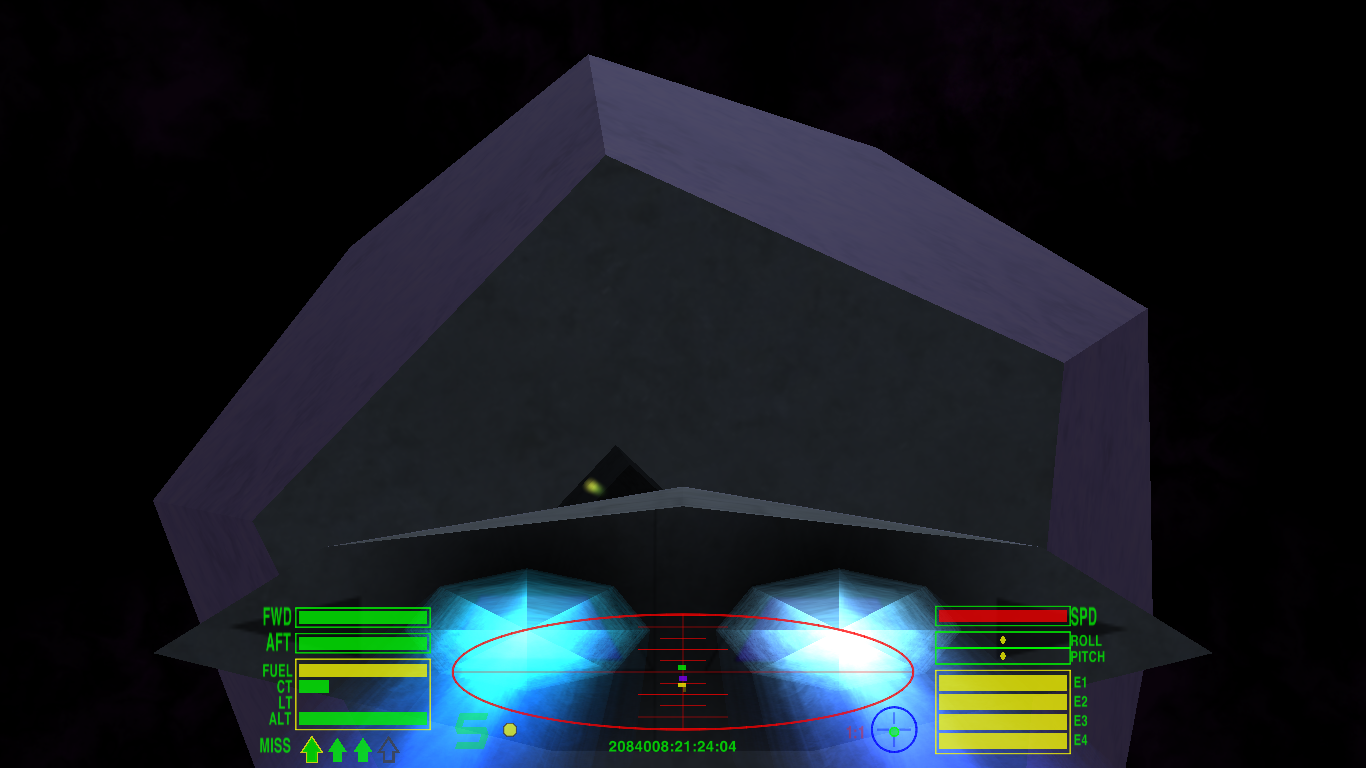Over the years, administrating thousand of NFS mounting linux +computers at the time, I often needed a way to detect if the machine +was experiencing NFS hang. If you try to use df or look at a +file or directory affected by the hang, the process (and possibly the +shell) will hang too. So you want to be able to detect this without +risking the detection process getting stuck too. It has not been +obvious how to do this. When the hang has lasted a while, it is +possible to find messages like these in dmesg:
+ ++nfs: server nfsserver not responding, still trying ++ +
nfs: server nfsserver OK +
It is hard to know if the hang is still going on, and it is hard to +be sure looking in dmesg is going to work. If there are lots of other +messages in dmesg the lines might have rotated out of site before they +are noticed.
+ +While reading through the nfs client implementation in linux kernel +code, I came across some statistics that seem to give a way to detect +it. The om_timeouts sunrpc value in the kernel will increase every +time the above log entry is inserted into dmesg. And after digging a +bit further, I discovered that this value show up in +/proc/self/mountstats on Linux.
+ +The mountstats content seem to be shared between files using the +same file system context, so it is enough to check one of the +mountstats files to get the state of the mount point for the machine. +I assume this will not show lazy umounted NFS points, nor NFS mount +points in a different process context (ie with a different filesystem +view), but that does not worry me.
+ +The content for a NFS mount point look similar to this:
+ ++ ++[...] +device /dev/mapper/Debian-var mounted on /var with fstype ext3 +device nfsserver:/mnt/nfsserver/home0 mounted on /mnt/nfsserver/home0 with fstype nfs statvers=1.1 + opts: rw,vers=3,rsize=65536,wsize=65536,namlen=255,acregmin=3,acregmax=60,acdirmin=30,acdirmax=60,soft,nolock,proto=tcp,timeo=600,retrans=2,sec=sys,mountaddr=129.240.3.145,mountvers=3,mountport=4048,mountproto=udp,local_lock=all + age: 7863311 + caps: caps=0x3fe7,wtmult=4096,dtsize=8192,bsize=0,namlen=255 + sec: flavor=1,pseudoflavor=1 + events: 61063112 732346265 1028140 35486205 16220064 8162542 761447191 71714012 37189 3891185 45561809 110486139 4850138 420353 15449177 296502 52736725 13523379 0 52182 9016896 1231 0 0 0 0 0 + bytes: 166253035039 219519120027 0 0 40783504807 185466229638 11677877 45561809 + RPC iostats version: 1.0 p/v: 100003/3 (nfs) + xprt: tcp 925 1 6810 0 0 111505412 111480497 109 2672418560317 0 248 53869103 22481820 + per-op statistics + NULL: 0 0 0 0 0 0 0 0 + GETATTR: 61063106 61063108 0 9621383060 6839064400 453650 77291321 78926132 + SETATTR: 463469 463470 0 92005440 66739536 63787 603235 687943 + LOOKUP: 17021657 17021657 0 3354097764 4013442928 57216 35125459 35566511 + ACCESS: 14281703 14290009 5 2318400592 1713803640 1709282 4865144 7130140 + READLINK: 125 125 0 20472 18620 0 1112 1118 + READ: 4214236 4214237 0 715608524 41328653212 89884 22622768 22806693 + WRITE: 8479010 8494376 22 187695798568 1356087148 178264904 51506907 231671771 + CREATE: 171708 171708 0 38084748 46702272 873 1041833 1050398 + MKDIR: 3680 3680 0 773980 993920 26 23990 24245 + SYMLINK: 903 903 0 233428 245488 6 5865 5917 + MKNOD: 80 80 0 20148 21760 0 299 304 + REMOVE: 429921 429921 0 79796004 61908192 3313 2710416 2741636 + RMDIR: 3367 3367 0 645112 484848 22 5782 6002 + RENAME: 466201 466201 0 130026184 121212260 7075 5935207 5961288 + LINK: 289155 289155 0 72775556 67083960 2199 2565060 2585579 + READDIR: 2933237 2933237 0 516506204 13973833412 10385 3190199 3297917 + READDIRPLUS: 1652839 1652839 0 298640972 6895997744 84735 14307895 14448937 + FSSTAT: 6144 6144 0 1010516 1032192 51 9654 10022 + FSINFO: 2 2 0 232 328 0 1 1 + PATHCONF: 1 1 0 116 140 0 0 0 + COMMIT: 0 0 0 0 0 0 0 0 + +device binfmt_misc mounted on /proc/sys/fs/binfmt_misc with fstype binfmt_misc +[...] +
The key number to look at is the third number in the per-op list. +It is the number of NFS timeouts experiences per file system +operation. Here 22 write timeouts and 5 access timeouts. If these +numbers are increasing, I believe the machine is experiencing NFS +hang. Unfortunately the timeout value do not start to increase right +away. The NFS operations need to time out first, and this can take a +while. The exact timeout value depend on the setup. For example the +defaults for TCP and UDP mount points are quite different, and the +timeout value is affected by the soft, hard, timeo and retrans NFS +mount options.
+ +The only way I have been able to get working on Debian and RedHat
+Enterprise Linux for getting the timeout count is to peek in /proc/.
+But according to
+
Is there a better way to figure out if a Linux NFS client is +experiencing NFS hangs? Is there a way to detect which processes are +affected? Is there a way to get the NFS mount going quickly once the +network problem causing the NFS hang has been cleared? I would very +much welcome some clues, as we regularly run into NFS hangs.
+